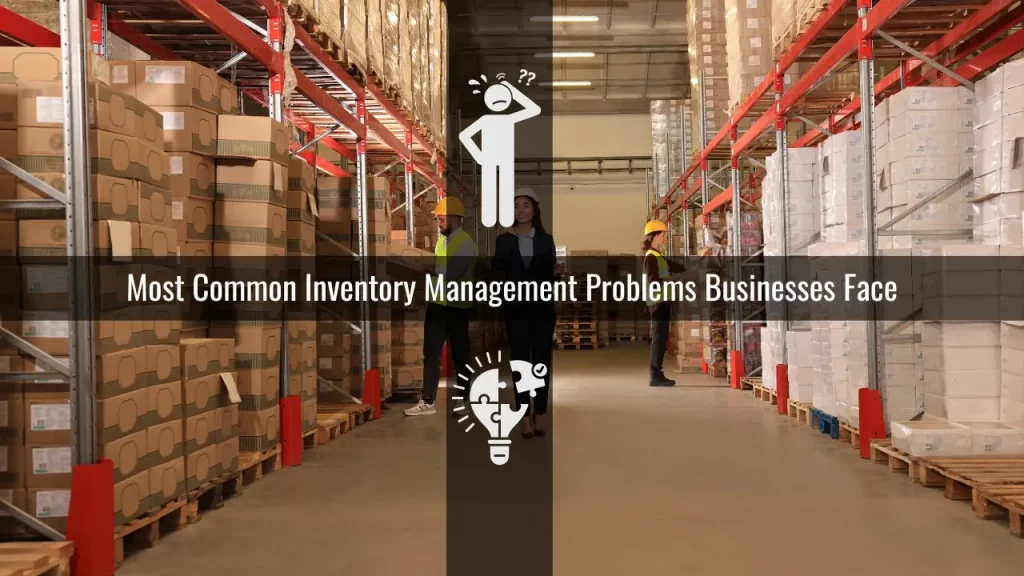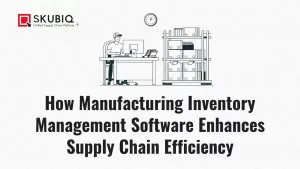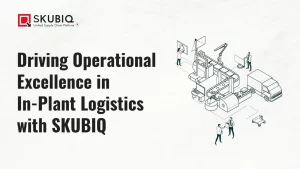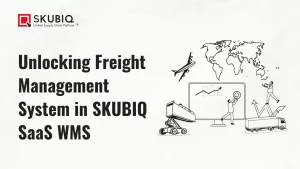Effective inventory management is a cornerstone of success for businesses across various industries. The ability to seamlessly control the flow of goods from manufacturers to customers is vital for maintaining a competitive edge. However, businesses often grapple with a myriad of inventory management problems that can impact efficiency, profitability, and customer satisfaction. In this article, we will delve into the most prevalent challenges businesses encounter in managing their inventories and explore potential solutions.
1. Stockouts and Overstocking: Striking the Right Balance
One of the perennial challenges in inventory management is finding the delicate equilibrium between meeting customer demand and avoiding stockouts or overstocking. A stockout occurs when a business runs out of a particular product, leading to lost sales and dissatisfied customers. On the other hand, overstocking ties up valuable capital and warehouse space.
Solution: Implementing a robust stock inventory management system is crucial. These systems leverage historical data, current market trends, and other factors to forecast demand accurately. Automated reorder points help businesses restock items in a timely manner, preventing both stockouts and overstocking.
2. Inadequate Warehouse Management: Organizing for Efficiency
Efficient warehouse management is integral to effective inventory management. Poor organization within a warehouse can result in errors, delays, and increased carrying costs.
Solution: Businesses should invest in modern warehouse management systems that streamline processes and enhance overall efficiency. Real-time tracking, automated picking systems, and integration with other business processes can significantly improve warehouse management.
3. Lack of Real-Time Visibility: The Need for Timely Information
Real-time visibility into inventory is paramount for making informed decisions. Manual tracking methods and delayed updates can lead to inaccuracies and mismanagement.
Solution: Implementing an integrated inventory management system that provides real-time visibility is essential. This ensures businesses can monitor stock levels, track shipments, and make adjustments promptly based on the most current data.
4. Inaccurate Demand Forecasting: Anticipating Customer Needs
Accurate demand forecasting is critical for preventing stockouts and overstocking. However, many businesses struggle to predict customer demand accurately, leading to suboptimal inventory levels.
Solution: Utilizing advanced analytics and machine learning algorithms can enhance demand forecasting accuracy. By analyzing historical data, market trends, and external factors, businesses can make more reliable predictions. Regularly updating forecasting models based on changing market conditions is also essential.
5. Manual Processes and Human Errors: Minimizing Mistakes
Relying on manual processes increases the risk of human errors. Simple mistakes, such as data entry errors or miscommunications, can have significant consequences.
Solution: Automation is key to reducing human errors. Implementing technologies like barcode scanning systems and RFID, along with automated data entry processes, minimizes manual interventions and enhances accuracy in inventory management.
6. Poor Supplier Relationships: The Importance of Collaboration
Strong supplier relationships are pivotal in maintaining an efficient supply chain. Issues such as late deliveries or unreliable suppliers can disrupt the flow of goods.
Solution: Establishing and nurturing strong relationships with reliable suppliers is crucial. Regular communication, clear expectations, and monitoring of supplier performance can help mitigate potential issues. Diversifying the supplier base also provides a buffer against disruptions.
7. Unpredictable External Factors: Planning for Contingencies
External factors, such as natural disasters or sudden changes in market conditions, can impact the supply chain unexpectedly. Businesses often find it challenging to adapt to these unpredictable circumstances.
Solution: While it’s impossible to control external factors, having contingency plans in place is essential. Maintaining safety stock, diversifying suppliers, and having alternative transportation options are strategies that can help businesses respond more effectively.
8. High Carrying Costs: Managing Expenses
Carrying costs, including storage, insurance, and obsolescence, can significantly impact a business’s profitability. High carrying costs may result from overstocking, slow-moving inventory, or inefficient warehouse management.
Solution: Regularly reviewing and optimizing inventory levels, improving warehouse efficiency, and identifying and liquidating obsolete stock can help reduce carrying costs.
Implementing just-in-time inventory management strategies can also minimize the need for excessive storage.
Conclusion: Overcoming Challenges for Effective Inventory Management
While inventory management poses several challenges, addressing these common inventory management problems is crucial for long-term success. Leveraging technology, fostering strong supplier relationships, and staying agile in response to external factors are key strategies to overcome these challenges. By focusing on solutions and continuously optimizing processes, businesses can achieve efficient and effective inventory management, meeting customer demand while maximizing profitability.



